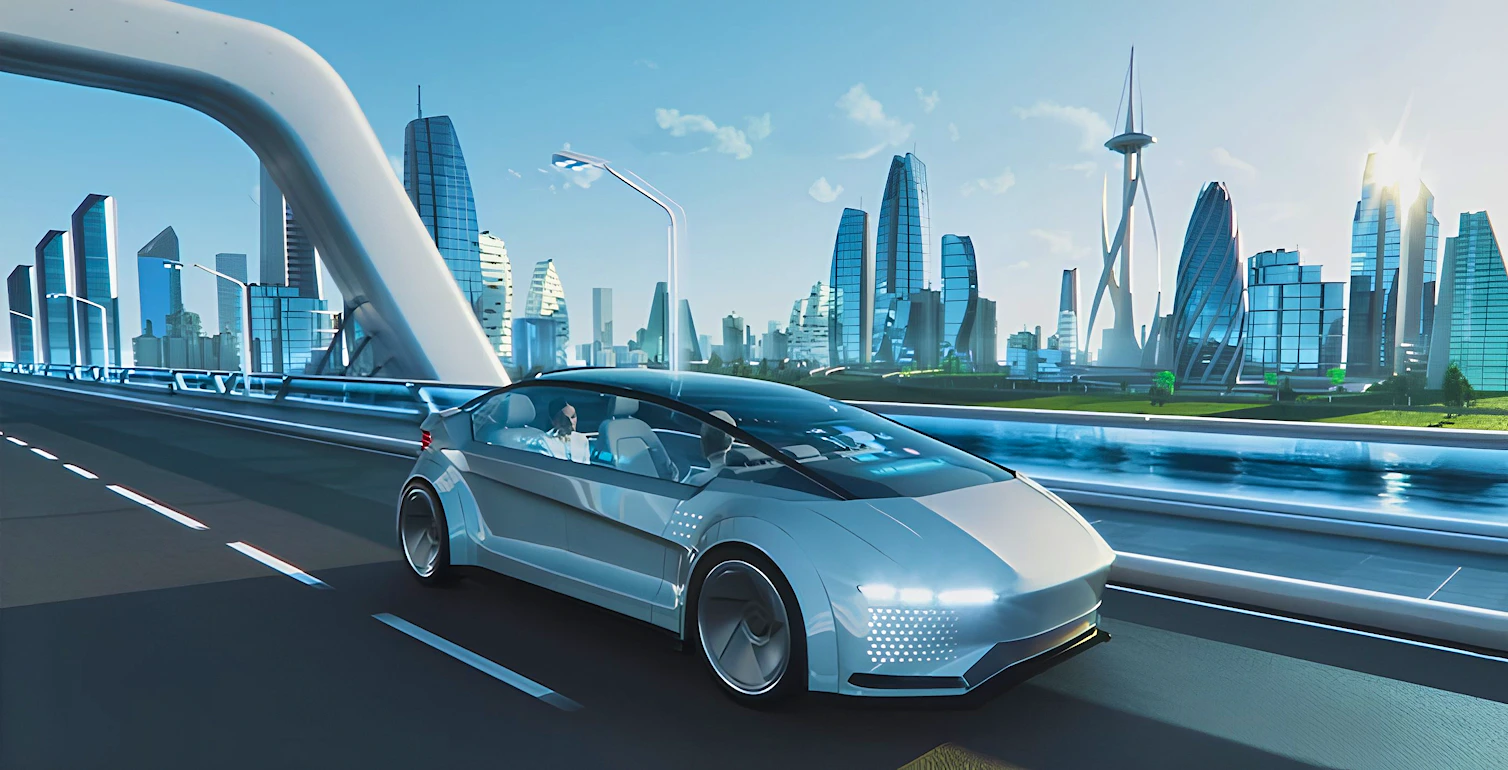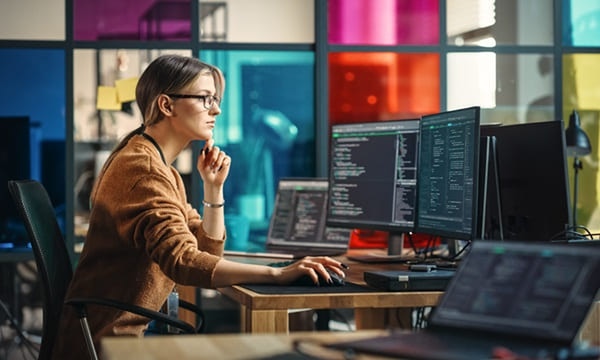The DNA of vehicles is changing, challenging the automotive industry to keep pace with evolving technologies and customer desires.
Looking to meet these requirements that include maintaining profitability, while scaling capabilities and innovations, HCLTech recently acquired ASAP Group, a company headquartered in Germany that focuses on the future of automobile technologies.
“We are confident that the combination of HCLTech’s and ASAP’s engineering and technology performance will bring best-in-class advantages to the automotive industry worldwide,” says Michael Neisen, CEO, ASAP Group. “This acquisition provides us with a window into how the industry is changing, where it is headed and what challenges may arise.”
“We see tremendous transformation potential in the ever-changing automotive industry landscape. In such an environment, we expect HCLTech’s business value stream and cloud-enabled, GenAI infused solutions to be a major factor in defining and sustaining next-gen experiences. ASAP will play key role in enabling those experiences,” adds Ajay Bahl, Chief Growth Officer, HCLTech.
Changes in the automotive industry
The automotive industry is shifting from mechanical products to highly complex, software-driven systems to help meet changing consumer needs. These changes will be supported by building secure, user-experience (UX) intensive, sustainable products that define drivability, experience and in-vehicle cognitive behaviors.
Vehicles today have evolved into driving computers and the in-vehicle software should be developed with value stream aligned platforms that enable functionality over robust infrastructure foundations that integrate with other key software and hardware components.
Modern vehicles are also now able to communicate with other vehicles, infrastructures and mobile devices to open new possibilities for enhanced safety, navigation and infotainment systems. Vehicles are no longer commute or transport devices but an all-encompassing mobile workplace, business and recreational asset.
In recent years, vehicle electrification has been a huge driver of industry change as a response to stricter regulations and growing environmental awareness. The effort for development and production is considerably lower, and the shift simultaneously represents a disruption in the traditional combustion engine landscape and a decreasing reliance on fossil fuels. The advent of electrification places greater emphasis on sustainability across the business value chain, including safe and eco-friendly battery unit disposal.
Changing consumer behaviors have accelerated in-vehicle commerce imperatives, emphasizing the need for intelligent vehicle operability, advanced safety systems and GenAI-driven behavior functions that ensure human-to-vehicle interaction is productive, secure and highly enriched.
“This necessitates new architectures and integrated, permanent over-the-air updates, which involve significant efforts in development, integration and security,” continues Neisen.
Industry transformation challenges
The enhanced connectivity of vehicles has increased the risk of data privacy breaches and cyberattacks. Implementing stringent security measures to protect consumer data and secure vehicles against these threat actors and potential breaches is critical.
Furthermore, a lack of IT expertise to develop stable and functional software solutions is a significant challenge. New competitors from the IT industry have an advantage in this area.
Additionally, the existing infrastructure, including charging infrastructure and mobile networks, may not be adequately prepared for a successful transformation. These infrastructure deficiencies can hinder the adoption of electric vehicles and seamless connectivity.
This also calls for the IT Industry to develop more robust and agile development, testing, security and compliance checks for software developed in addition to assigning a “sustainability score” for each delivered function.
Technology partnerships: The future of automotive
Future generations of customers will expect a similar service and functionality standard in vehicles as they do from smartphones. This will increase the demand for digital services and create additional business models, such as mobility-as-a-service. Integrating these innovative services into the vehicle platform will be critical to the future of the industry.
The increasing need for complex solutions will lead to more complete series development projects being outsourced to development service providers.
Electrification, connectivity, intelligent infotainment, aftermarket as a profit center and in-vehicle commerce will significantly alter the structure of the automotive industry. In this environment, service providers will shift focus to infusing GenAI in development and testing practices, building intelligent vehicle platforms and introducing distributed agile and DevSecOps development methodologies to develop those platforms.
Leveraging technology partnerships can help prepare the automotive industry for this software-defined and electric future. HCLTech’s acquisition of ASAP allows the organization to harness innovative technologies and expertise to develop these competitive solutions.
“Overall, the transformation in the automotive industry requires a strategic realignment based on technology partnerships, efficient development processes and a clear focus on essential technology areas,” says Neisen. “Collaboration and the use of modern technologies are the keys to success in this evolving industry.”

 Listen to article
Listen to article


